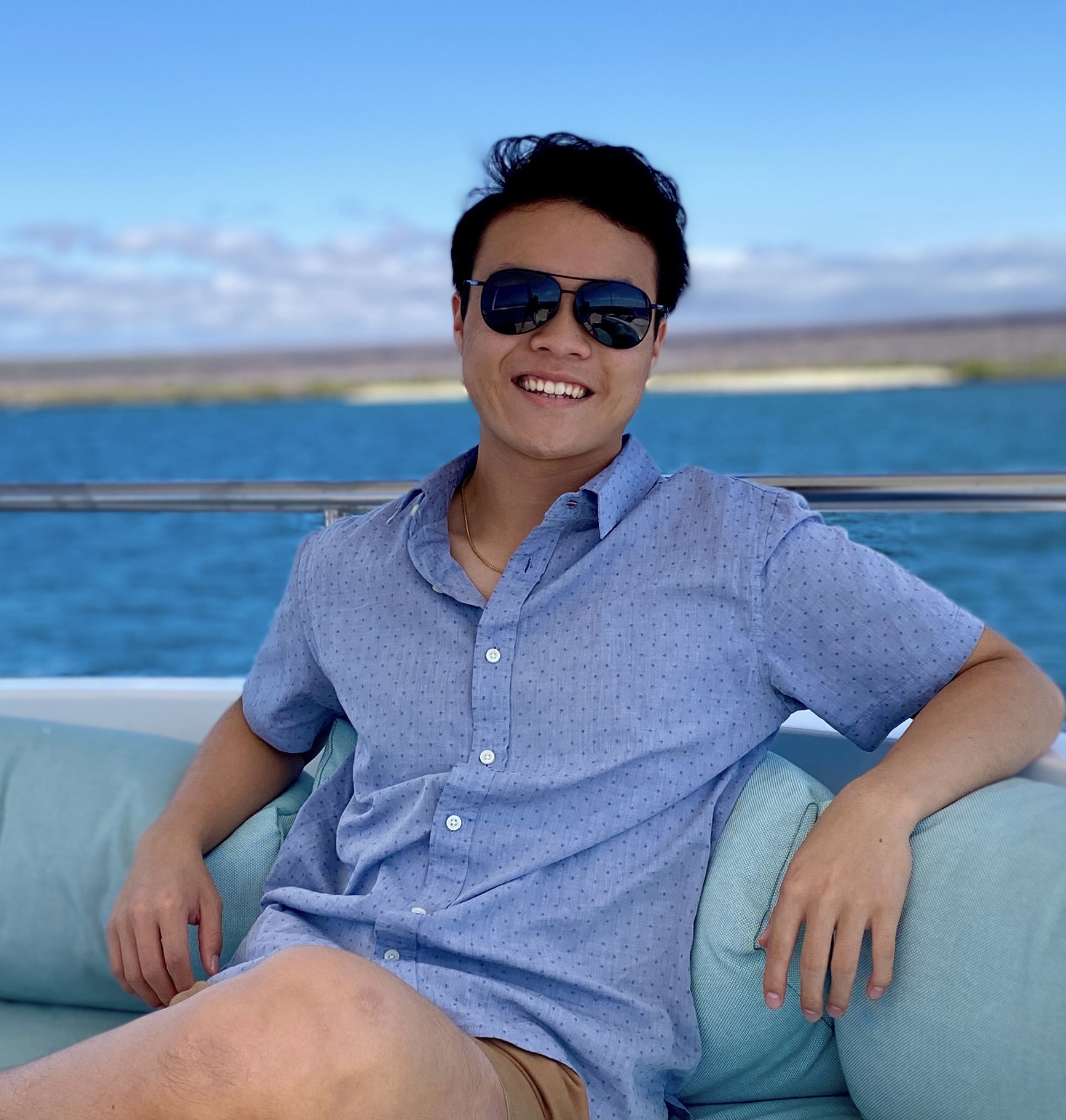Achieving Effective Altruism through FinTech
By: Drake Goodman, CAS/WHARTON ’24

Drake was able to travel to Latin America during his internship to better understand how his work affects others while working in the financial technology industry.
Ualá – Buenos Aires, Argentina
I have always believed in helping others. At first, it was fulfilling and something that I was taught to do at an early age. However, as I started learning more about the world and the issues around me, I realized that helping others, and truly maximizing my impact in the process, would reduce societal frictions and create a more cohesive and unified community. The question I soon started to ask myself is how can I achieve effective altruism? And how can I lead and empower others to do the same?
The foundation to answering these questions came through my internship at Ualá, a Latin American financial technology company aiming to financially empower businesses and unbanked populations.
Due to interacting with C-suite executives and team leaders at Ualá, I realized the power of having a vision. This does not entail the standard vision statement seen on every company’s website, but it is instead a true purpose, a desire to instill meaningful change. Purpose gives us the motivation and desire to solve problems, innovate, and succeed. Without vision or purpose, we cannot build a sustainable and successful organization, as we need direction for others to believe in us and trust us. For Ualá, its vision is to improve financial inclusion to better society as a whole.
That said, we also need a vehicle to achieve this vision. And through my experiences, I realize that financial technology can achieve so much given the right people, funding, and environment. By applying technology to finances, whether that deals with microfinance or business-level processes, we are empowering populations that were previously marginalized. Additionally, we allow for increased innovation and efficiency as individuals utilize new payment methods and financing solutions to solve their problems.
In order to realize our purpose, we must surround ourselves with the right people. At Ualá, during every meeting I attended, two aspects stood out: everyone was united behind the company’s mission, and everyone wanted to grow both individually and collectively. This is inevitably part of a self-selection bias: most people who join the firm are drawn by the mission it is trying to achieve. Furthermore, they are joining a rapidly growing firm where their work has tangible impacts. As others see the positive effects of companies such as Ualá, there will be more people engendered by its aspirations and will follow suit as well.
I also learned that in order to achieve the best in their employees, starting from the top executives, firms need to establish a strong culture that facilitates growth and learning which will, in turn, lead to results and success. Ualá was able to foster a culture of innovation, risk-taking, and collaborativeness. Even as an intern, the CEO and other executives made themselves very accessible to me and supported and encouraged me in my work. As a result, I not only felt more empowered to take risks and innovate, but I had more trust, allowing me to support the company’s mission even further.
With all these components, beneficial change is very much possible. In fact, it is almost inevitable to achieve. This is because solutions are not limited based on knowledge, wealth, or societal status. Instead, financial technology revolutionizes our interactions with one another and how systems function, allowing us to truly take advantage of the resources we have at our disposal as well as create new possibilities, ideas, and solutions.
The Global Research and Internship Program (GRIP) provides outstanding undergraduate and graduate students the opportunity to intern or conduct research abroad for 8 to 12 weeks over the summer. Participants gain career-enhancing experience and global exposure that is essential in a global workforce.